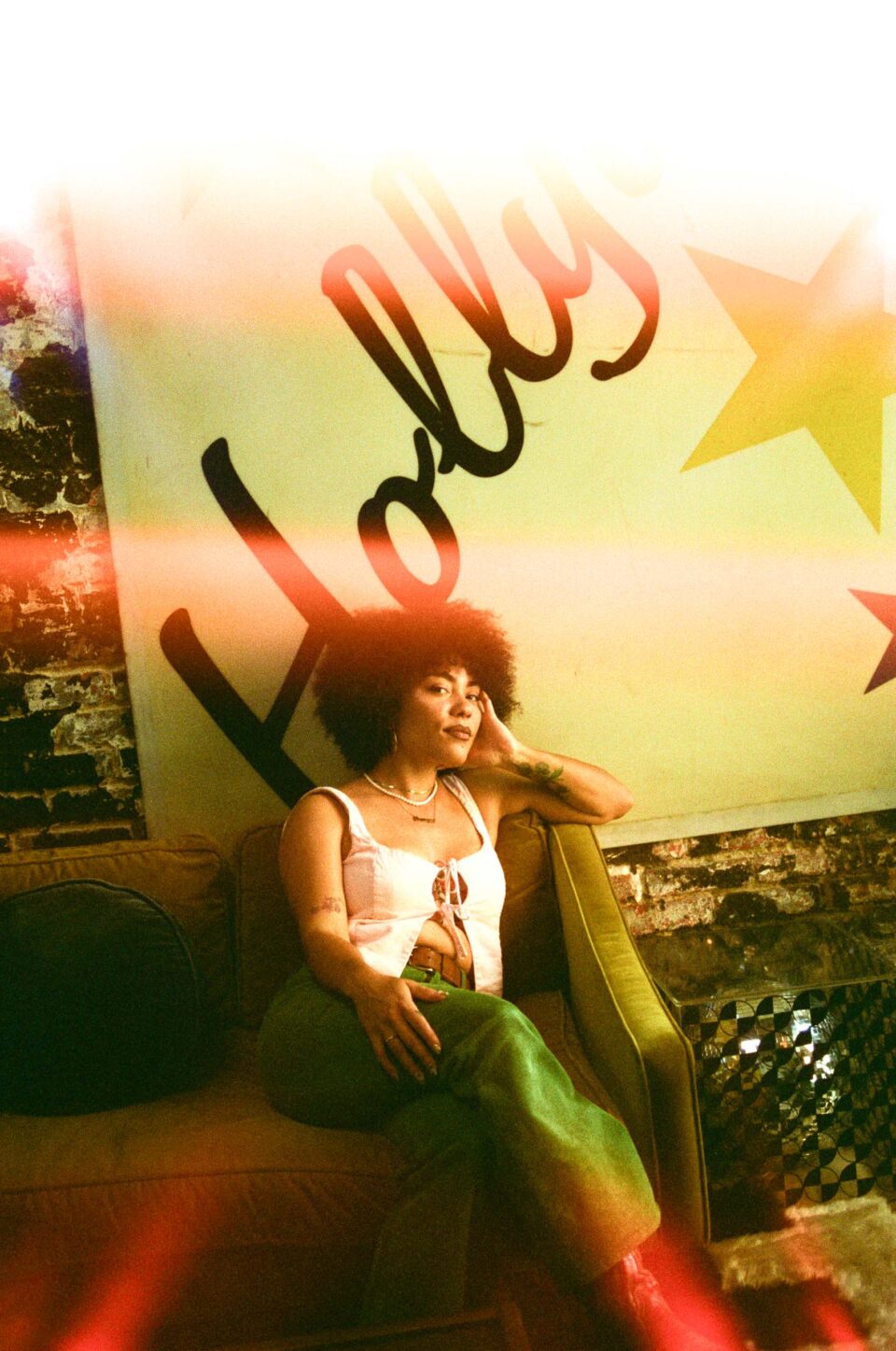Madison McFerrin is overflowing with confidence. Here, take a little. She has it to spare.
McFerrin is thriving, fresh off a successful Tiny Desk, a new album—Scorpio—and a blooming relationship through it all. So when she tells you how well she’s doing, understand: this is not bragging, it’s the factual self-assessment of an artist objectively on the rise. “[The Tiny Desk video], in terms of the numbers that I’ve been seeing, has been doing better than a lot of the videos in the last couple of months,” she tells me frankly one sunny Los Angeles morning over Zoom about a month prior to the album drop. “I’m really excited because I think I’m a really great performer, and I think that the fact that now people get to see that is only going to help expand my career, because performing is also my favorite thing to do. I’m really grateful to have had the opportunity to do it.”
This is Madison: no aw-shucks-who-me? false modesty, which can be so grating anyway. She’s ever humble and ever grateful, but we both know the drill. If she weren’t also very, very talented, we wouldn’t be talking about her music. So let’s talk about her music: Her instrument is her voice, layered over itself and looped back to create smooth and funky soul a cappella harmonies unique in the modern pop canon. “I hear harmony in my head and can sing it best—it takes me a second to figure it out on the piano, but if I hear harmony in my head, I can sing it. I feel very rooted in that,” she says, explaining that her signature vocal layers developed organically during her early live shows, playing around with a loop pedal and synthesizer.
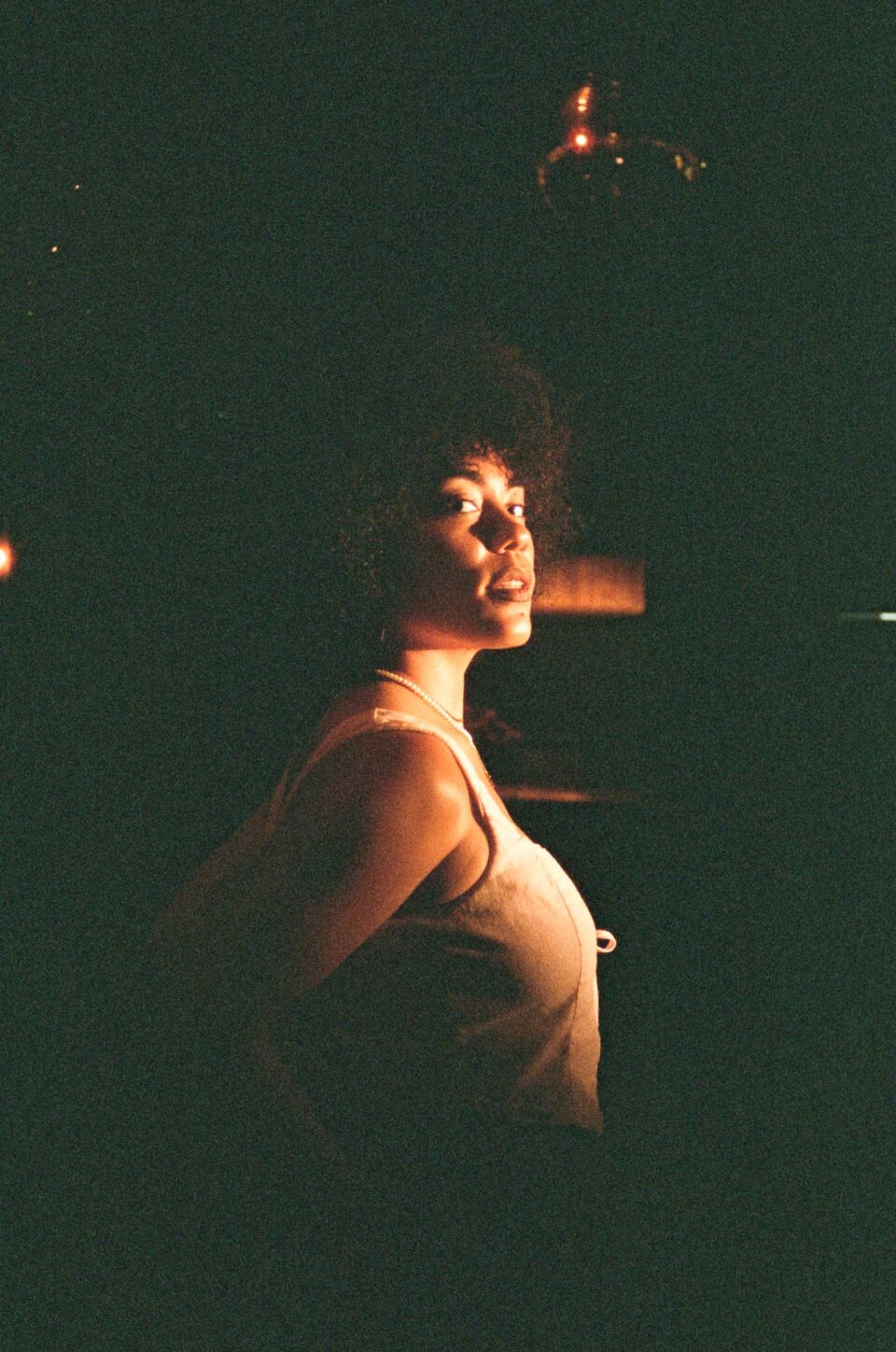
“It takes me a second to figure it out on the piano, but if I hear harmony in my head, I can sing it. I feel very rooted in that.”
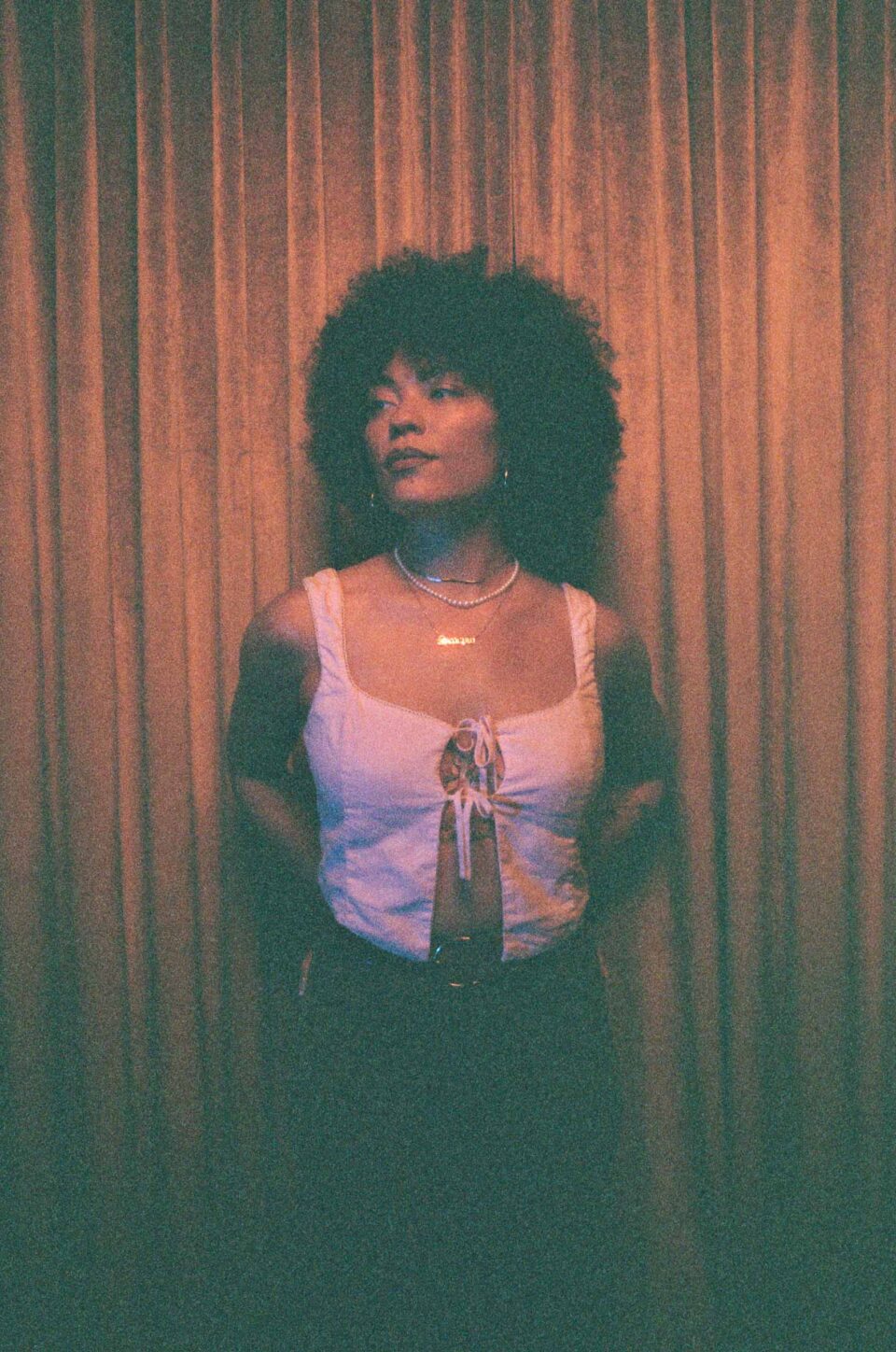
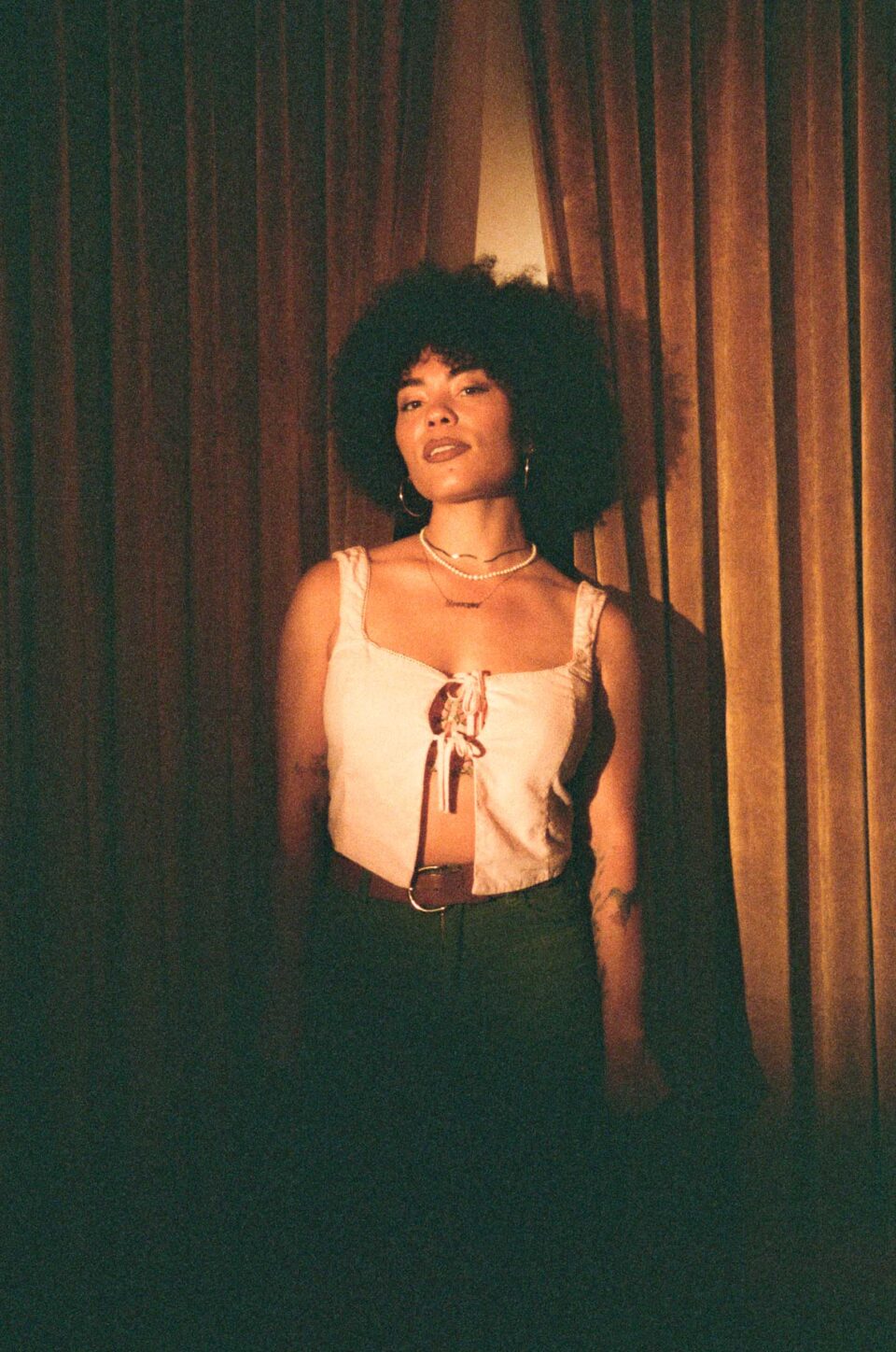
She’s also extremely generous—generous with praise (re: Tiny Desk: “For my band mates who went along with me, I think we all did a really fantastic job and it wouldn’t be doing as well as it is if it weren’t for the collective”) and generously judicious with her output. She knows listeners don’t have infinite hours to listen to new music, and if she wants them to digest an entire album in one go, well, it just can’t be that long.
“I always think about people commuting,” she says. “I think because I lived in New York for so long and being on the subway, needing to get from point A to point B was oftentimes when I could listen to a whole album. When I write a project, I want it to be concise and have a point of view and be something that you can listen to from top to bottom. And hopefully by the time you get to the bottom you’re like, ‘Oh, I could listen to that again.’ I think that it’s important to be able to fit that in a timeframe that’s possible for somebody who maybe doesn’t have that much time in their day and their commute is literally the time that they have to be able to listen to a new album.” Funnily enough, the Tiny Desk was the one time when this discipline slipped. Artists typically get 15 to 17 minutes; McFerrin took 22.
If all of this sounds wonderfully hunky-dory, trust, there was a cost, both emotional and financial. In fact, you can put a price on her heartbreak, and it happened to equal what it took to make the album. “I am completely independent: it’s a breakup album [after breaking up] with the man who was my ex-fiancé and manager. We were together for eight and a half years, and I self-funded [the album] using the money that was set aside for our wedding.”
I’m just gonna let that sit for a second because it is a whole fucking word.
“I can only describe it as being a sign from my ancestors,” she continues. “All of a sudden I was like, ‘Wait a second, there’s money in a savings account that you could use.’ And I think that it’s been very cleansing, for sure.” Speaking of signs, if you’re headed out to see her on tour, you’ll be hearing but not seeing a brokenhearted McFerrin. In the time it took to put the album together, she fell in love again.
The heartbreak-to-hit narrative is almost expected at this point. McFerrin and I both grew up in the Girl Power ’90s listening to Spice Girls and Britney Spears, and for a few minutes we nostalgia out over Dream and 3LW, compare notes on recent Beyoncé concert experiences (she saw Renaissance; I went to Cowboy Carter). Her parents played her the soul classics: Stevie Wonder, James Brown, a lot of Aretha, and her influences today lean more toward Jill Scott, Erykah Badu, and Solange.
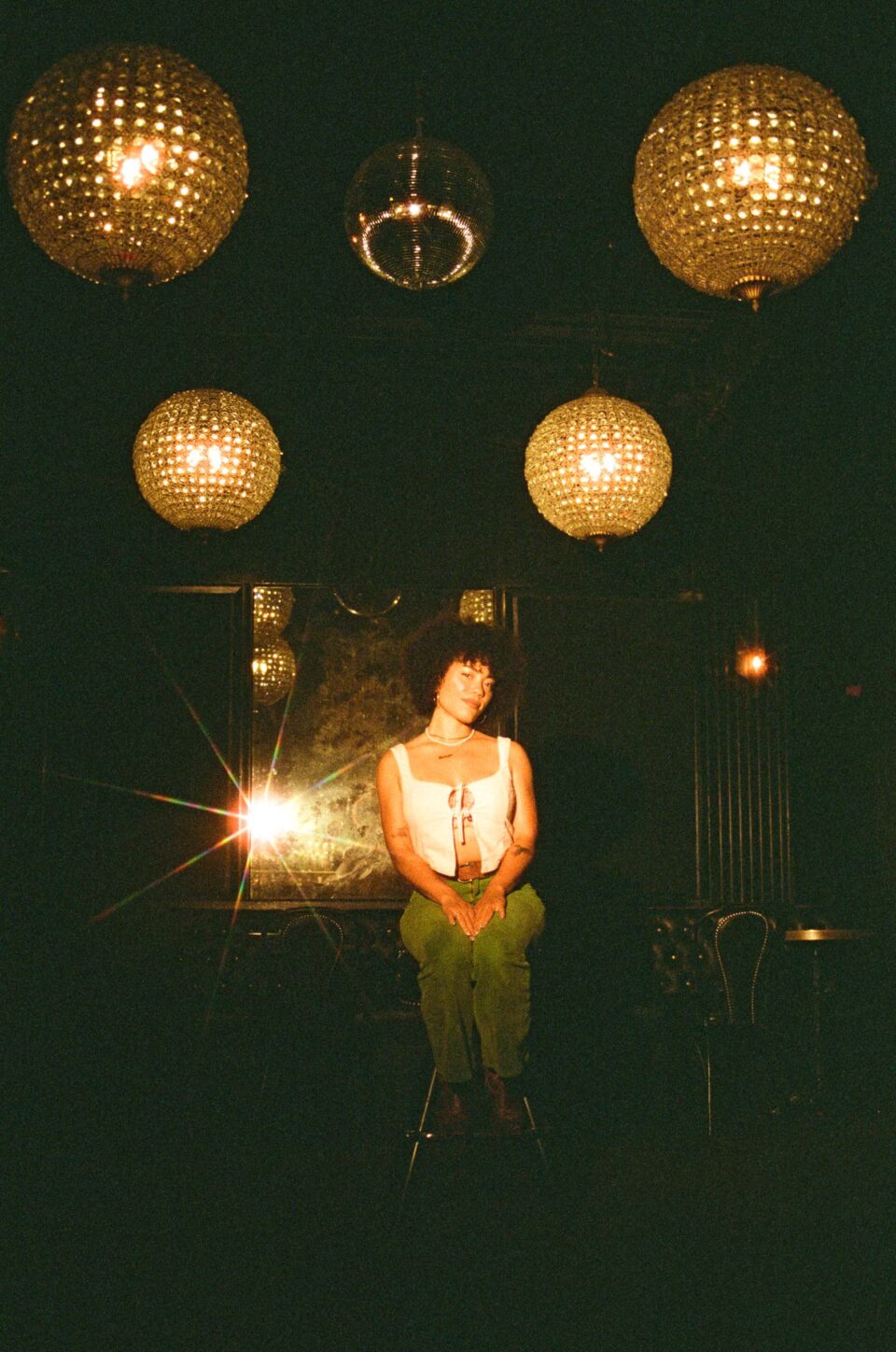
“I’m not doing this because I’m a nepo baby... I’m doing this because I feel fully pulled by something that is greater than me. And all I want to do is share that gift with other people.”

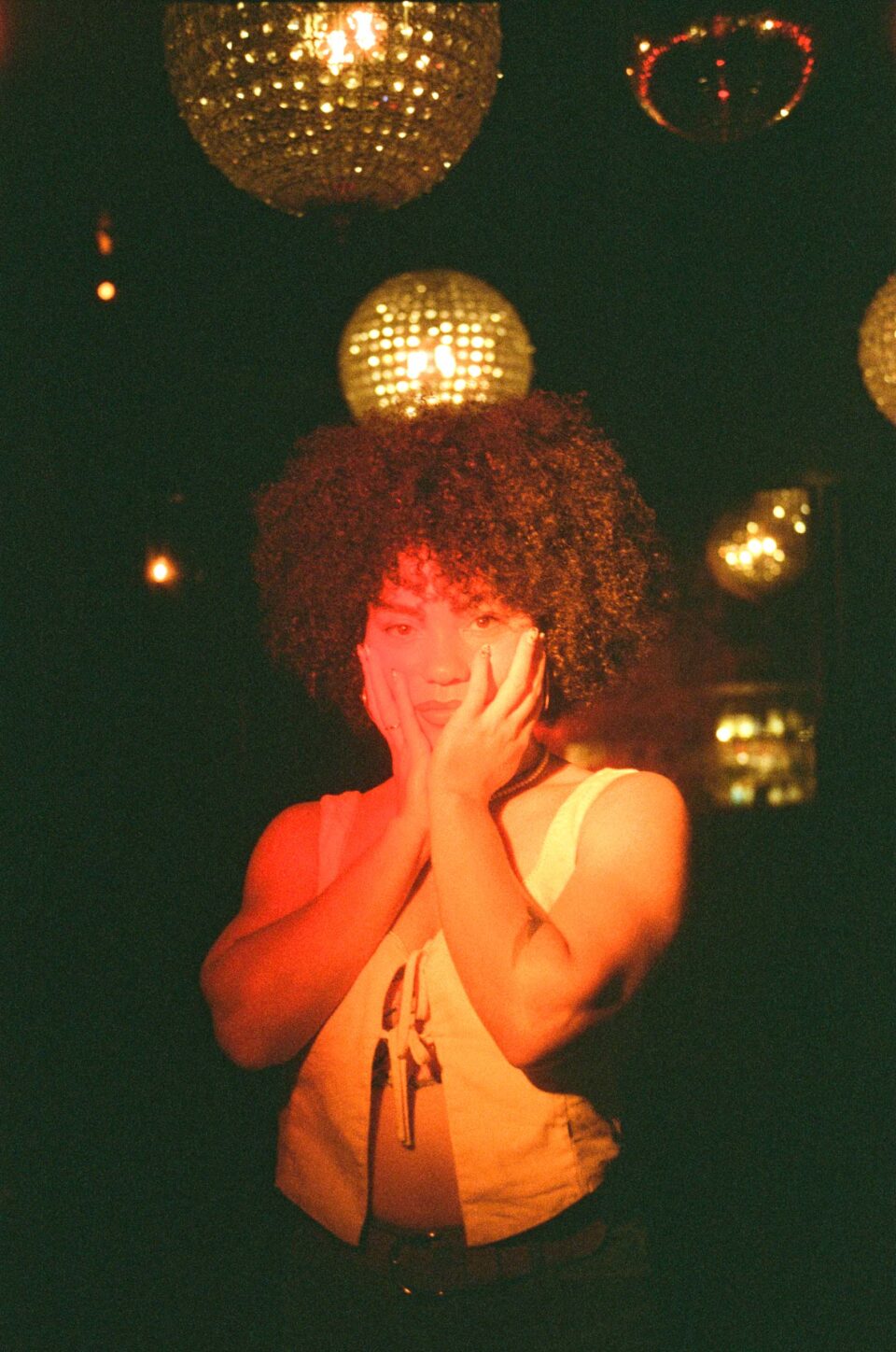
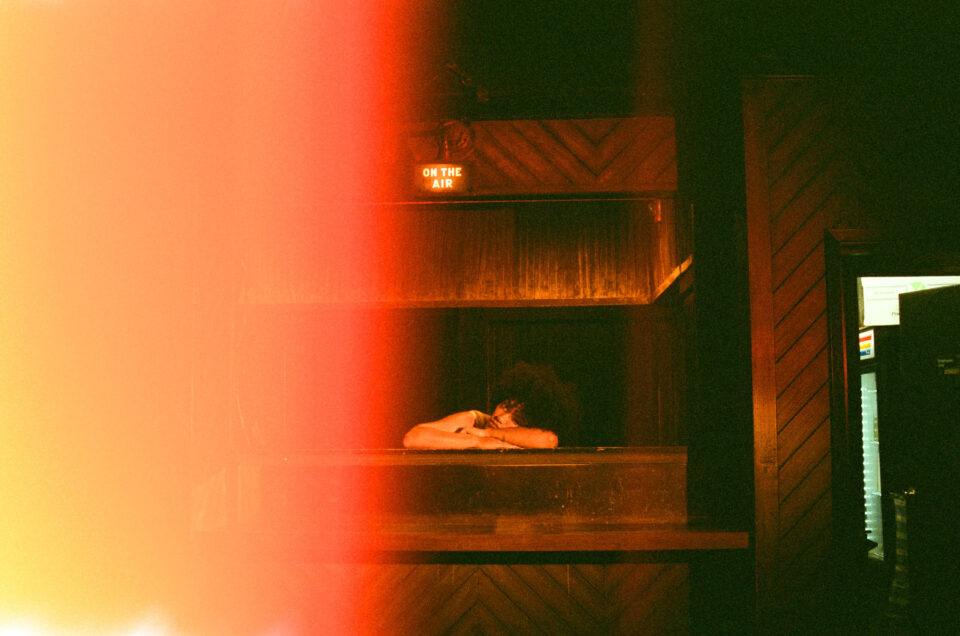
The what-doesn’t-kill-you thing is a lesson that’s served her well. The caption to the video for her most recent music video: “What do you do with a failed engagement? Write a song about it, of course.” Her most popular video begins with a montage of derision following a “butchering” of the national anthem a few years ago (a song that has taken down our literal best singers and continues to wreak havoc on vocalists to this day and should probably be replaced with something catchier already, but I very much digress). And so the self-esteem begins to seem less of an innate characteristic and more of a hard-won and deeply valid prize for a decade of putting in the work.
Though to hear her tell it, there was never a choice, much less a backup plan. “I decided I wanted to sing when I was five,” she recalls, and it was only a couple years later that her talent became evident. “I do remember, I think in fourth grade, [my dad] would drive me to school and one of the CDs of that era that we listened to a lot in the car was Best of Luther Vandross. And when ‘Never Too Much’ came on, I remember just listening to that song and I did the ‘Ooh,’ that longer run. And I remember him being like, ‘Oh wow.’ I remember there being a shock of a moment that I could do that."
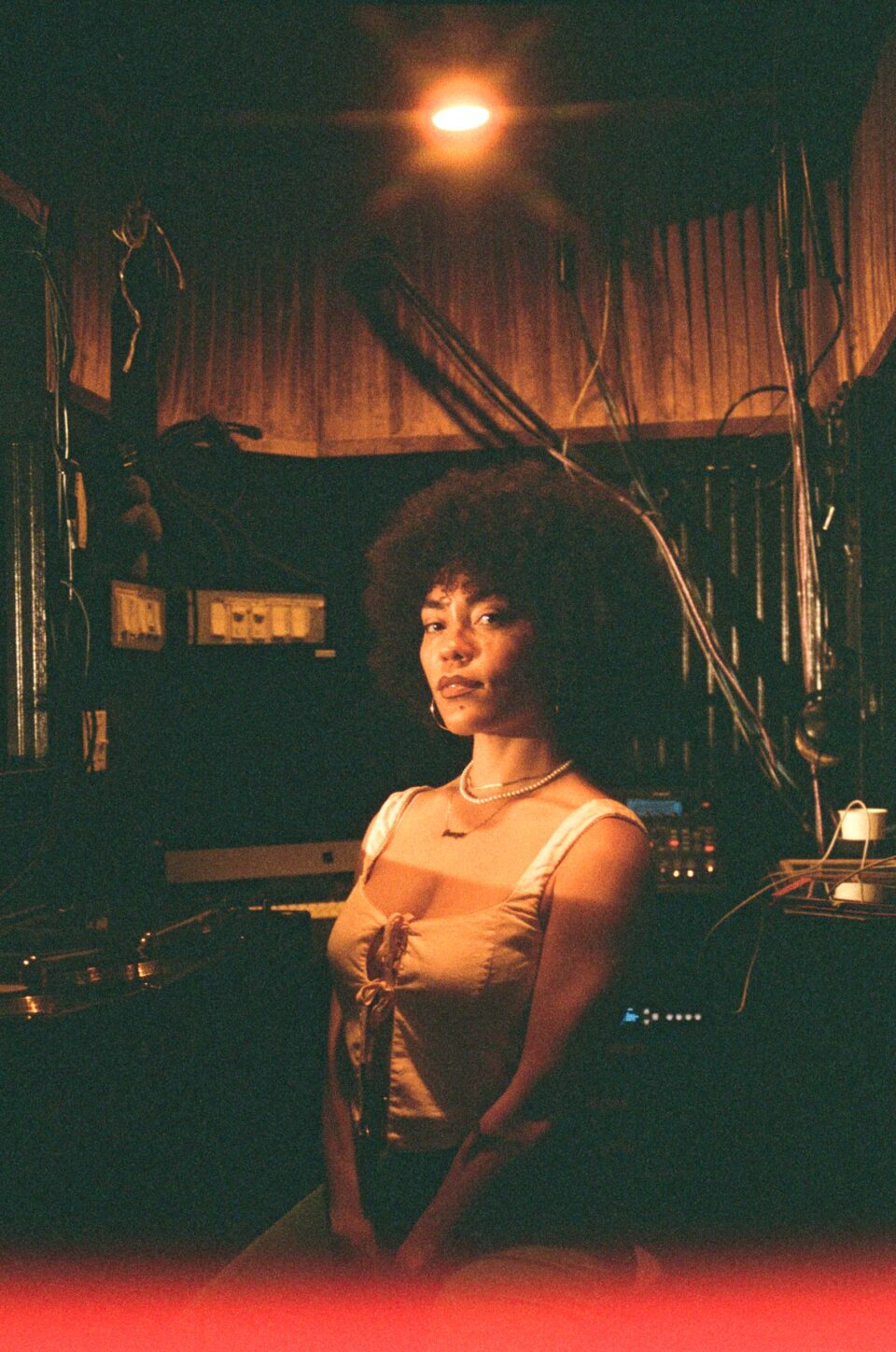
That car-driving dad, of course, is GRAMMY winner Bobby McFerrin. Both of her brothers are also in the arts: Jevon is an actor and Taylor a producer who is one of Madison’s first pairs of ears whenever she’s working on new music. Bobby will take a listen, too, particularly when it comes to harmonies. If you could send him your stuff, wouldn’t you?
Her famous father is not at all a sore subject, but the pride she has in her family is markedly different from the pride she has in her work. More practiced, more pointed. “I was raised by one of the best performers, I think, that has ever existed,” she tells me, sincere and candid. “I’m not doing this because I’m a nepo baby, or whatever the fuck anyone wants to say. I’m doing this because I feel fully pulled by something that is greater than me. And all I want to do is share that gift with other people. And so if that touches anybody, then it’s meant for them.”
She’s standing in her purpose, and the power that comes from that is arresting, exciting, invigorating. The energy in her sound—don’t you want to hitch a ride wherever she’s going? “I think that we, as artists, have a purpose to provide levity. And so I just want people to know that I’m serious about bringing them levity. I’m serious about bringing them joy. This is not a hobby, and I know that I’m meant for something amazing.” FL
